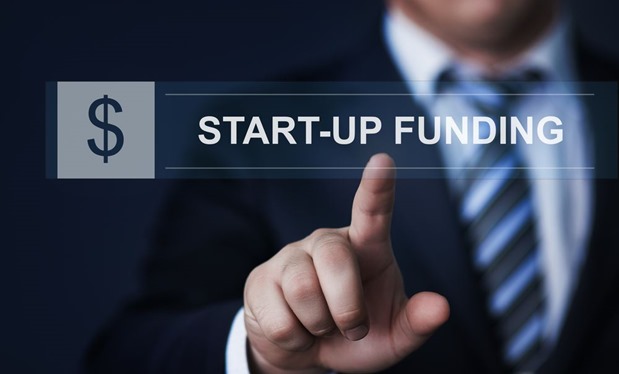
Starting your business can be a scary process – figuring out through trial and error what works and what doesn’t. Whether you are self-funding your small business or seeking investors to bring your idea to life, we have you covered.
While you may think of funding as something that’s done all at once, it’s actually often a process that happens in stages. The early rounds typically are funded with your own personal funds or of your loved ones around you, later resulting in investors for venture capitalist and hedge funds.
Creating your startup may mean collecting funds from various different investors while it picks off the ground, but there are severally accepted stages to funding a business.
Turn Your Idea Into a Plan
Create a pitch deck displaying your knowledge of the market and how your business can grow from this. This will cover all the questions investors may have, and show your expertise in this industry.
Bring in Your Co-founder
Even though most businesses start solo, startups that are founded by two people have an average of 30% more capital. Whether that means finding a co-founder that complements your skillset or bounces off your ideas, it is helpful to have someone to collaborate with.
Pre-Seed Funding
Finding your first investor won’t make you millions right away since the average funding amounts to less than a million dollars, but it will allow you to make critical hires. This source of funds will help start your company, but you will sacrifice between 10-15% of your business’s equity.
Raise Seed Funding
This phase is slightly larger funding round, making it possible for you to pull all the moving parts together averaging to about $1.7 million. As this is extremely helpful, you will have to distribute roughly 10-25% of your equity.
Series A Funding
While every funding stage until this point has relied on your business’s potential, series A round funding is secured by proving traction within your business’s course of action. If you have demonstrated success, you earn an extra $10.5 million for another 15-20% of your equity.
Onwards to Series B Funding
By this time, your company should be showing exponential growth to provide to investors. Presenting this information can earn you upwards of $24.9 million in exchange for equity ranging from 15-30%. Locking down this funding can require far more analysis and scrutiny than previous rounds, this is when you are baking dozens.
The Launch of Initial Public Offering (IPO)
Until you offer an IPO, your company is privately held and cannot offer shares to the general public. To do this your company will need to hire an investment back to be the underwriters during this process. The Securities and Exchange Commission (SEC) will access your company and its financials to ensure your establishment is legitimate. Upon approval you are granted stock to be distributed, financial data to be public and hosting annual shareholders meetings.
Other Ways to Fund Your Business
Seeking investors in exchange for your company’s equity may not be your cup of team, and that is okay as there are a couple of different options. Bootstrapping, borrowing money from friends and family, and crowdfunding are popular options that require you to give up control of your business.
Fundera has summarized how startup funding works explained through pie.





















